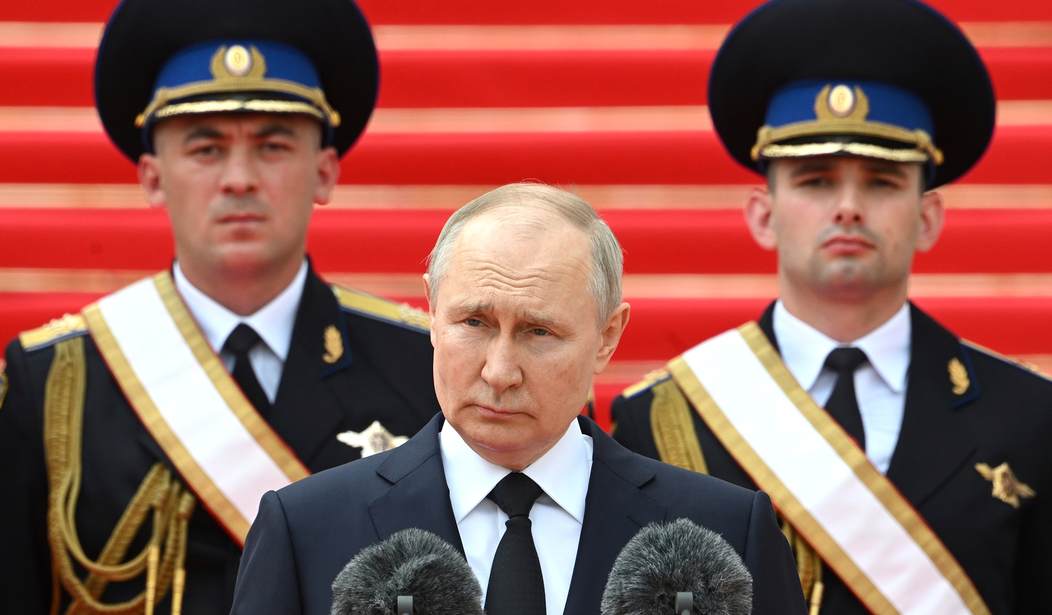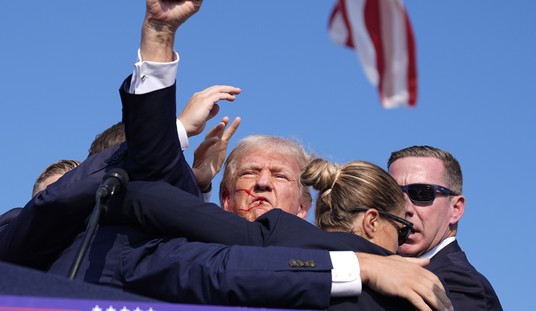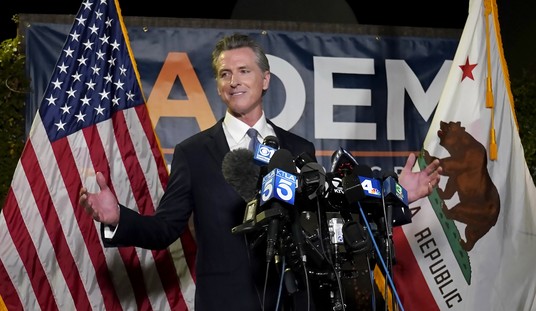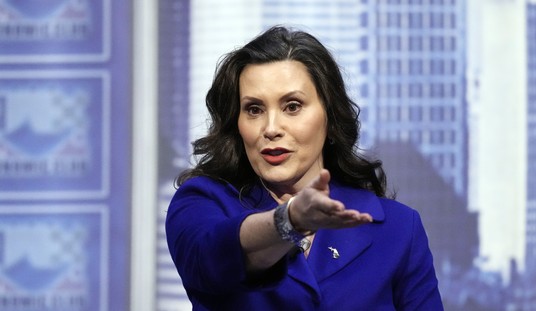Russian lawmaker and Vladimir Putin ally Aleksey Zhuravlyov went on national TV Friday to warn that Poland has "probably started to realize that they are next."
"Another question is to you, guys in the West, what are you going to do about it?" Zhuravlyov asked in reference to Putin's imperial ambitions. "They understand very well that Ukraine is finished. So what's next? Sweden is getting ready and so are the Balkans. The Poles have quieted down a bit, they probably started to realize that they are next. Of course, we have no illusions, but we understand that all of them are getting ready for the next stage of war."
Zhuravlyov's statement can be read as a warning to the NATO countries closest to Russia but also as a warning to the Russian people to prepare themselves for much more war. My assumption is that it was meant as both.
The Russian Army has been unable to hold anything west of the Dnipro in the eastern third of Ukraine — but they'll be crossing the Vistula (which roughly bisects Poland) any day now? As a NATO member, Poland is protected by the Atlantic Charter's Article 5, which states that "an armed attack against one or more of them in Europe or North America shall be considered an attack against them all."
Taking on all of NATO with an army worn down and de-modernized by nearly two years of heavy fighting is quite the goal.
Well, at least Zhuravlyov is ambitious.
Trash talk aside, Zhuravlyov's ambitions are no laughing matter.
In addition to holding a seat in the Duma (Russia's lower house), Zhuravlyov serves as head of the nationalist Rodina ("Motherland") political party that seems to have been established by Putin allies in 2003 to "leach votes from the Communist party." Today it is part of a coalition represented by the Liberal Democratic Party of Russia — but is neither liberal nor democratic. The ultra-nationalist LDPR often serves as a stalking horse for more radical views ("Hey, let's conquer Europe!") that can't be publically endorsed by Putin's less radical (but still nationalist) United Russia Party.
If Zhuravlyov is saying it, there's a decent chance Putin is thinking it. He called the dissolution of the Soviet Union the "greatest geopolitical catastrophe" of the 20th century and that it was, in reality, the demise of "historical Russia." It's a typical Russian attitude that "Russia" includes a lot of places that aren't Russia and would rather not be ruled by Moscow. Ukraine, for example. Or Poland.
On the plus side for Russia, thanks to "stealth" mobilization, its army today is actually a bit larger than it was before Putin ordered his "special military operation" to quickly conquer Ukraine in 2022. On the minus column is that the cream of the Russian Army as it existed two years ago has been skimmed off, and what is left is less well-led, less well-trained, and less well-armed. But — and this is a big but — even in its current condition, the Russian army can generate enough combat power to hold on to its limited gains east of the Dnipro.
But Poland? Fuggidaboudit.
Not only do NATO countries own more fifth-generation F-35 stealth fighters than there are fourth-generation fighters in the entire Russian air force inventory, but Poland is on a crash course to equip and train the largest land force in Europe (aside from Russia, of course).
Poland will soon have Europe’s largest tank force (again, except for Russia), including 1,000 South Korean K2 Black Panthers and 250 American-made M1 Abrams with plenty of upgrades. The K2, by the way, might be the toughest main battle tank made anywhere in the world, with a price tag to match.
Not all readers here might not take people like Zhuravlyov seriously but — thank goodness and thanks for the sake of peace — Poland does. If Russia wants a fight, Poland could probably soon make Ukraine look like a cakewalk.
Recommended: Chicago Public Schools 'Lost' HOW Many Laptops and iPads???










Join the conversation as a VIP Member